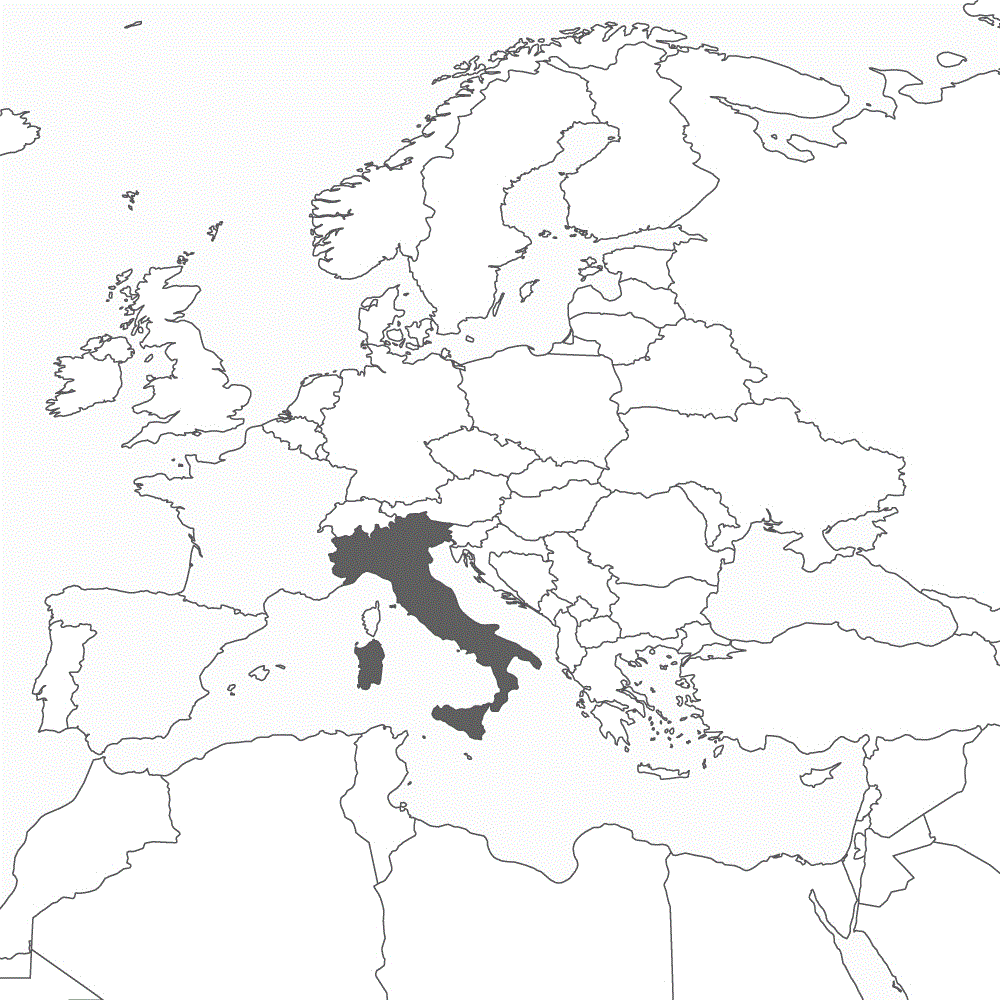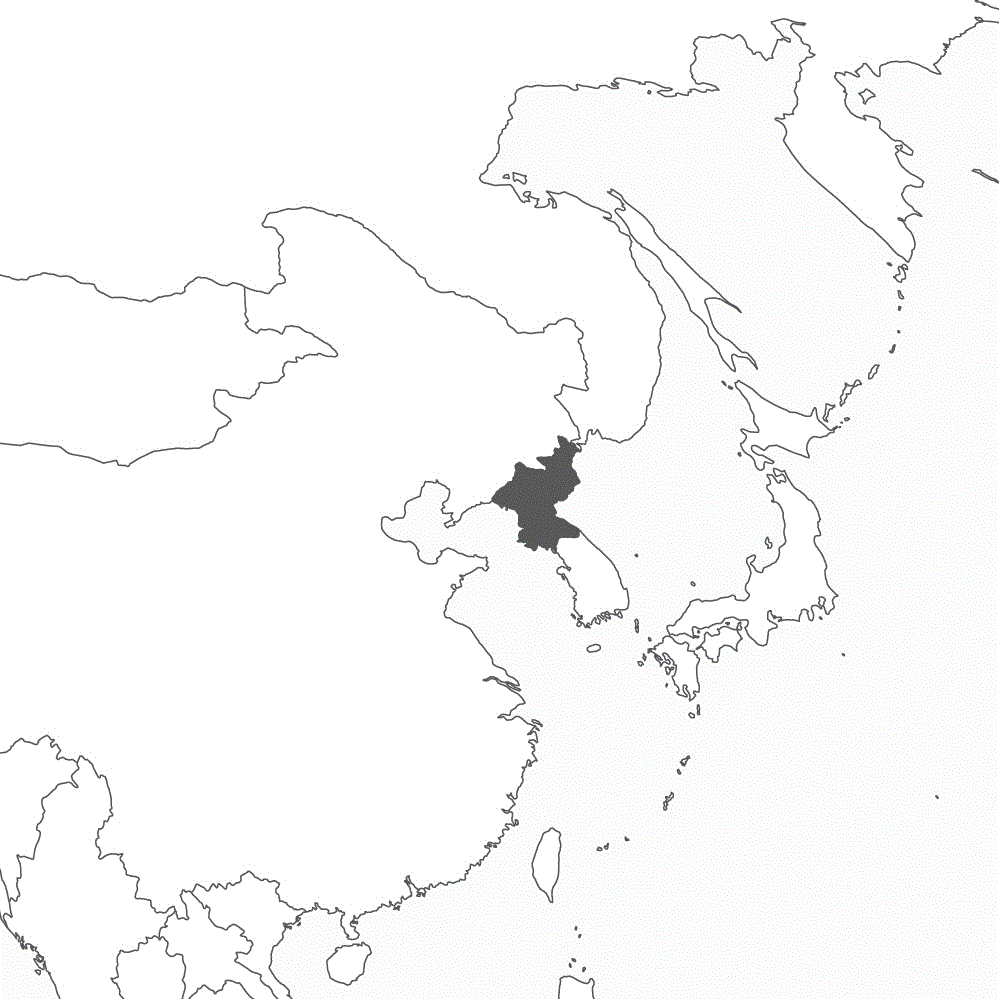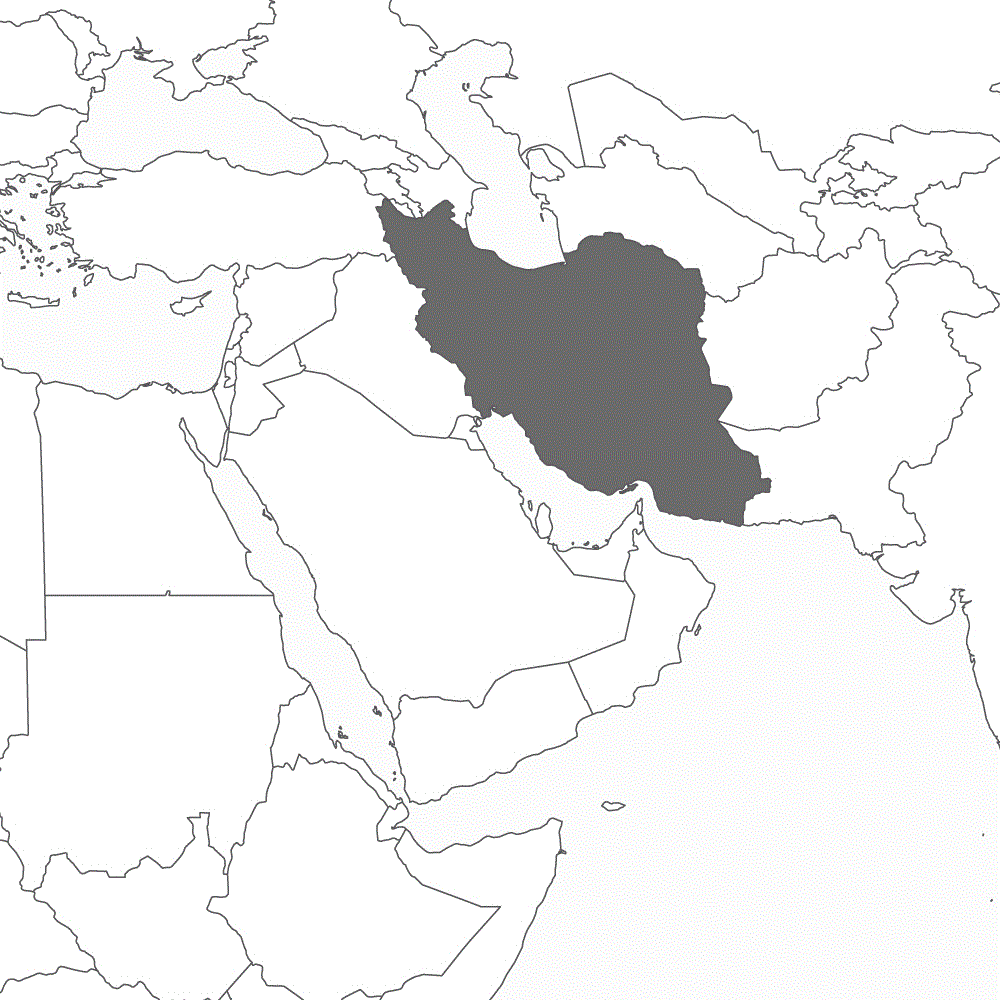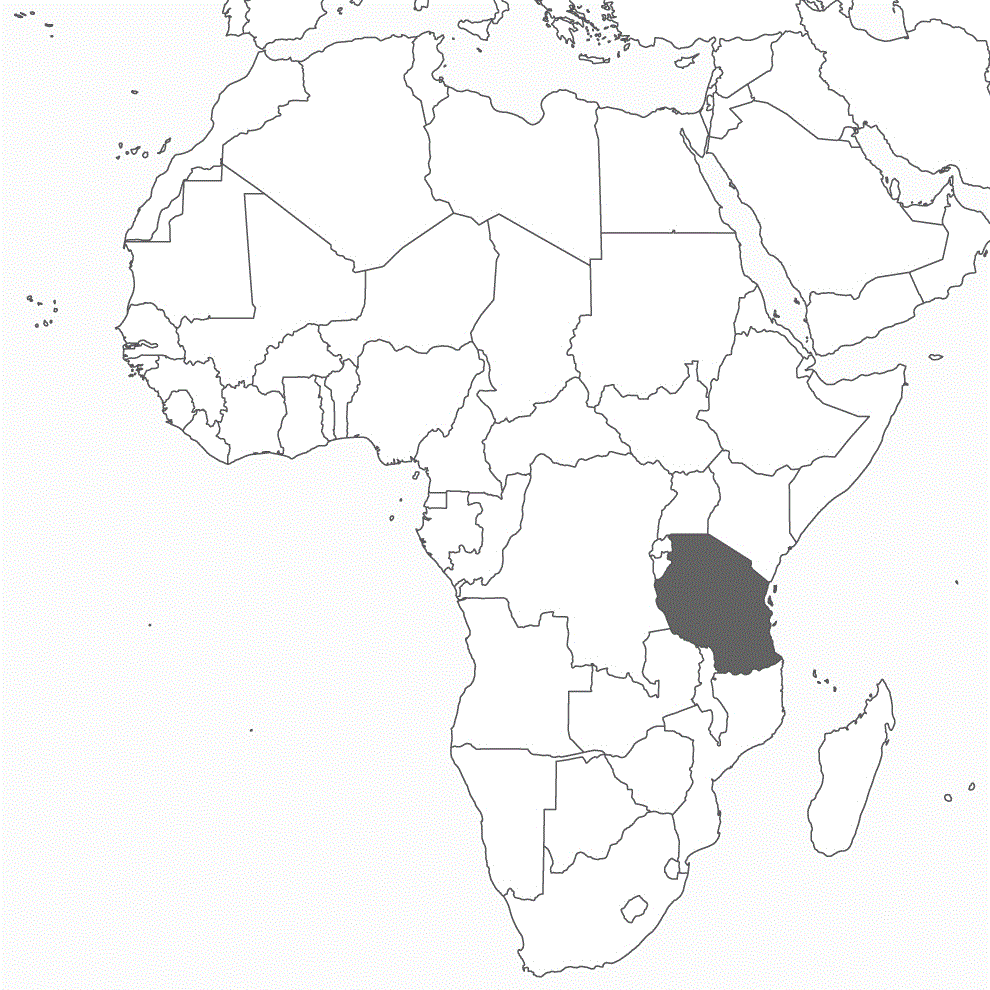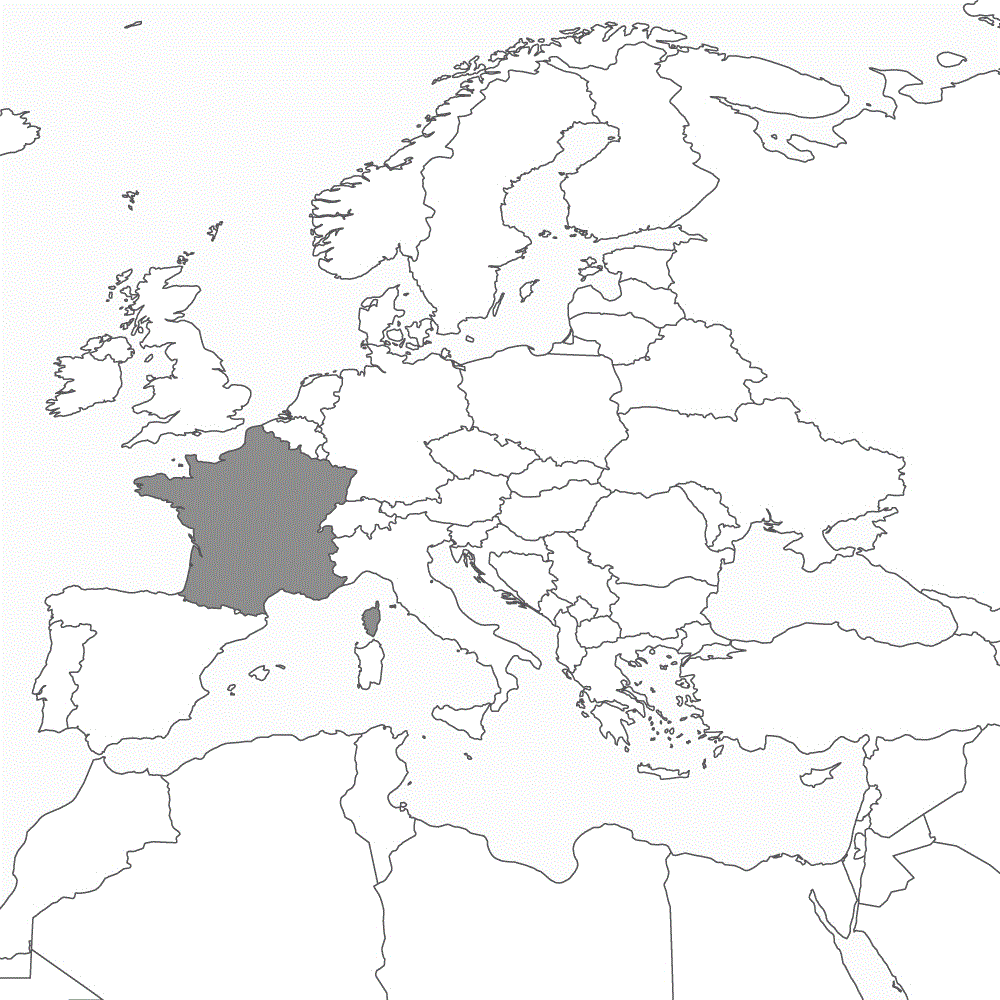ROME/BERLIN (Own report) - Following massive complaints from Germany, Italy's President Sergio Mattarella blocked a euroskeptic from becoming his country's finance minister, appointing an IMF man - favored by Berlin - to be prime minister. The democratically elected 5-Star Movement (M5S) and the far-right Lega Nord majority's opportunity to form a government was thereby denied. Euroskeptic Paolo Savona, a renowned career economist, was rejected because he could not have insured the maintenance of the EU's common currency. Under his administration, resistance to Berlin's austerity dictate could have been expected, whereas the newly appointed Prime Minster Carlo Cottarelli passed the test a few years ago as the Rome government's austerity commissioner ("Mr. Scissors"). Savona's nomination is the result of Italy's growing euroskepticism, which, in the meantime, is also shared by other economists. "Germany profits, Italy loses" through the introduction of the euro, concludes Savona's alternative candidate to the post of finance minister. Read more
PYONGYANG/BERLIN (Own report) - Taking advantage of North Korea's strategic reorientation, Germany's FDP-affiliated Friedrich Naumann Foundation is resuming its activities in that country. Recently, the North Korean leadership officially ended its policy of a balanced build up of its military and the economy, to prioritize the country's economy, a move, experts note, President Kim Jong Un had been seeking to make for years. However, he initially prioritized the development of the nuclear deterrence capability, to safeguard against a possible US attack. He is now seeking to have UN sanctions lifted, to allow foreign companies into the country. Important steps have already been made. Possibly the Naumann Foundation - which had established contacts to Pyongyang already in 2002 and in 2004 organized a workshop on the country's "economic modernization" - also played a role. Its activities should now intensify. German companies, according to reports, are "lying in wait". Read more
BERLIN/WASHINGTON (Own report) - German Foreign Minister Heiko Maas ended his first official visit to Washington yesterday, without reaching a compromise in the transatlantic dispute over policy on Iran. "We're pursuing two completely different paths," Maas declared following his talks with his counterpart Mike Pompeo and the National Security Advisor John Bolton. The EU remains unified in their policy approach, which is diametrically opposed to that of the Trump administration. Berlin's attempts to achieve an independent German-EU policy on Iran opposing Washington's is particularly applauded by Germany's strategists in the establishment's foreign policy sectors. Recommendations of submission to the Trump administration's threats to use force against Teheran, so as not to jeopardize German companies' highly profitable business relations with the US, are coming from business circles. Meanwhile, foreign policy experts recommend developing the euro into an alternative global reserve currency. This could reduce the USA's potential to apply pressure on Germany's economy. Read more
LONDON/BERLIN (Own report) - The German government still has no evidence to substantiate serious allegations it used to justify its participation in the mass expulsion of Russian diplomats from several western countries. In its response to a parliamentary interpellation, the government admits it has no findings of its own on the Salisbury nerve gas attack other than the alleged evidence presented by the British government. At the same time, the "arguments" that have been presented so far to suggest Russian guilt are loosing their credibility. The Organization for the Prohibition of Chemical Weapons (OPCW), for example, had to contradict the claim of its director general that up to a half-cup of novichok was used in Salisbury. The assumption that only Russia could have produced the neurotoxin has been refuted, since it became known that Germany had also been in possession of the agent. These unproven allegations show, more than anything else, an unrestrained willingness to escalate the power struggle with Moscow. Read more
BERLIN/WASHINGTON (Own report) - The EU announced its first defensive measures against US plans to penalize European companies' business engagements with Iran, by reactivating the 1996 "Blocking Statute." That law prohibits companies from terminating their business engagements with Iran, to avoid severe penalties in the United States. Some companies from Germany and other EU countries have already announced that they will cancel their contracts with Tehran to avoid endangering their business ventures in the US. German companies, involved in profitable ventures with Russia, could be facing a similar situation. Washington threatens to demand that businesses from Germany and the EU comply also with the April 6 sanctions announced by US President Donald Trump, against some Russian oligarchs and their companies. According to government advisors, German Russia-oriented businesses are "virtually panicking" because of the escalation of a global trade war. Read more
BERLIN/TEHRAN/WASHINGTON (Own report) - In talks with Iranian government officials on Tuesday, the German government will seek a solution in the dispute over the nuclear deal with Tehran. While trying to defend the interests of German industry, it is aiming for an independent Middle East policy. Because of its close alliance with Washington in the power struggle with Moscow and Beijing, this would be very important, as legitimization of Berlin's claims to playing a leading role in global policy. While commentators are encouraging the government, the minister of the economy and business circles are warning against exacerbating the conflict with Washington. It is very risky for the German elite's prosperity, because the United States is the largest market for German companies and, by far, their most important investment site. On the other hand, in Iran, the EU countries' industry risks irrevocably losing out to China, due to the US sanctions. Read more
BERLIN/TEHRAN/WASHINGTON (Own report) - Berlin is seeking to use Washington's withdrawal from the Iran nuclear deal to increase its pressure on Tehran. In their joint statement published Wednesday, the governments of Germany, France and the United Kingdom declared their continued commitment to the agreement, while demanding that the Iranian government limit its ballistic missile program and its efforts to obtain influence in the region. The reintroduction of US sanctions offers Berlin a chance to disguise its continued pressure on Tehran as a war preventive measure. At the same time, US sanctions against Iran continue to fuel the power struggle between the EU and the USA. The Airbus Company alone could lose €16 billion in commercial deals due to the sanctions imposed by the US government. Commentators recommend resistance: "You don't become a world power in a conference room." At the same time, Israel is exacerbating the escalating tensions with its aggressions against Syria. Read more
DAR ES SALAAM/BERLIN (Own report) - Germany will not pay compensation for the mass crimes it had committed in the former German East Africa Colony. Instead, it will have pompous colonial period buildings refurbished. This was one of the main results achieved by Germany's foreign minister Heiko Maas (SPD) during his first trip to Africa. Last year, demands had been raised that Germany should compensate the descendants of the victims of the Maji Maji War, wherein German colonial troops allegedly killed 180,000 to possibly 300,000 inhabitants of the colony. Tanzania's foreign minister, whose government is dependent on German development aid, has now assured Maas that no compensation demands will be forthcoming. He has also waived the restitution of the plundered cultural assets. Berlin, which deems it is not able to pay the compensation, will now finance the refurbishment of pompous German colonial period buildings in Tanzania. While in Dar es Salaam, Maas commemorated the Askari, African mercenaries, who had fought alongside the German colonial forces during their campaigns of annihilation. Read more
PARIS/BERLIN (Own report) - Berlin is forging ahead with the German-French military cooperation by intensifying collaboration in air transport. In addition to ambitious armament projects, the defense ministries of Germany and France have reached an agreement last week regulating the operation of a joint air transport squadron based in Évreux (France) as well as the training of the necessary personnel. The squadron will be available to both countries' tactical air transport and supplement the large A400 transport aircraft, which will also be procured jointly by the German and French armed forces. Experts view the current cooperation - for example in the framework of the Franco-German Brigade - to be insufficient, because, so far, diverging strategic goals complicate its deployment. For his "vision of a new Europe," Emmanuel Macron, under whose presidency the cooperation is to be expanded and improved, will be awarded Aachen's International Charlemagne Prize next week. Read more
GERMAN-FOREIGN-POLICY.com
Information on German Foreign Policy: News + Interviews + Analyses + Background
